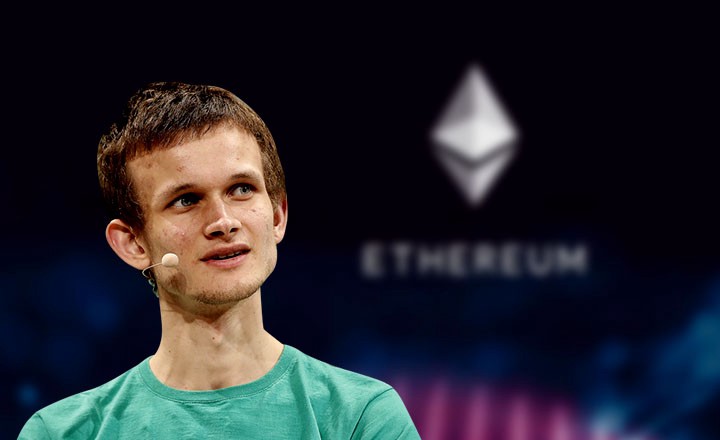Vitalik Buterin Defends Ethereum’s Unstaking Delays
Ethereum co-founder Vitalik Buterin has come to the defense of the network’s lengthy exit times for unstaking ETH, stating that these delays serve as a purposeful safeguard to maintain trust in the chain.
This statement comes as exit times extend beyond 43 days for validators who are leaving staking, drawing criticism from industry insiders who argue that the process diminishes usability.
“It’s more like a soldier deciding to quit the army. Staking is about taking on a solemn duty to defend the chain,” Buterin tweeted. He elaborated, “Friction in quitting is part of the deal. An army cannot hold together if any percent of it can suddenly leave at any time.”
Staking on Ethereum enables validators to earn rewards by attesting to and proposing blocks. To exit staking entirely, validators must exit a queue, which can take weeks depending on how many others are also attempting to leave.
The average wait time to join the staking queue is currently around seven days, while the exit time has increased to 43 days and six hours, according to Validator Queue. With over one million validators and 35.6 million ETH staked—almost 30% of all ETH—the process has significantly slowed.
The delays have ignited public discussion. Galaxy Digital’s head of DeFi, Michael Marcantonio, remarked earlier this week that the length of the exit queue was “troubling,” juxtaposing Ethereum’s six-week wait with Solana’s two-day unstaking period.
“Unclear how a network that takes 45 days to return assets can serve as a suitable candidate to power the next era of global capital markets,” he tweeted, although he later deleted the post.
Marcantonio’s criticism received significant pushback and generated speculation that he was compelled to remove the post by Galaxy Digital.
Former Consensys product manager Jimmy Ragosa accused Galaxy of perpetuating “relentless ETH FUD,” cautioning that Ethereum-aligned businesses are re-evaluating their associations with the firm.
Supporters of Solana, including Mike Dudas, came to Galaxy’s defense, portraying Ethereum as less efficient compared to its competitors. Last week, the firm purchased over $700 million in SOL over the course of two days as part of its support for a Solana-based treasury firm.
Buterin recognized the necessity for enhancements in user experience, mentioning that the Ethereum Foundation has been focused on addressing these issues.
“In general the EF needs to be more active at the UX layer — which has already been happening for the past ~6 months, but ramping up takes time,” he stated.





















